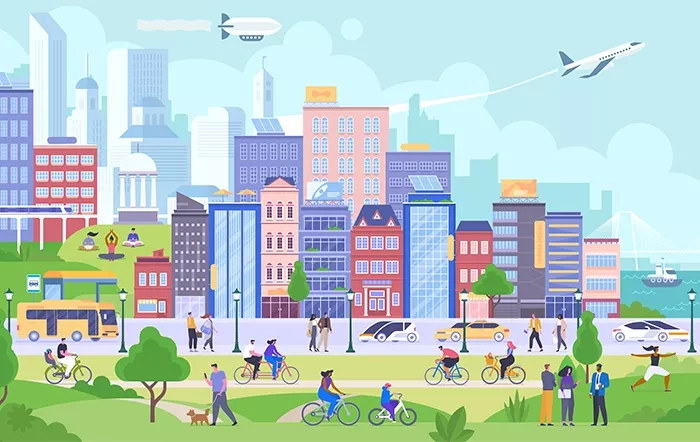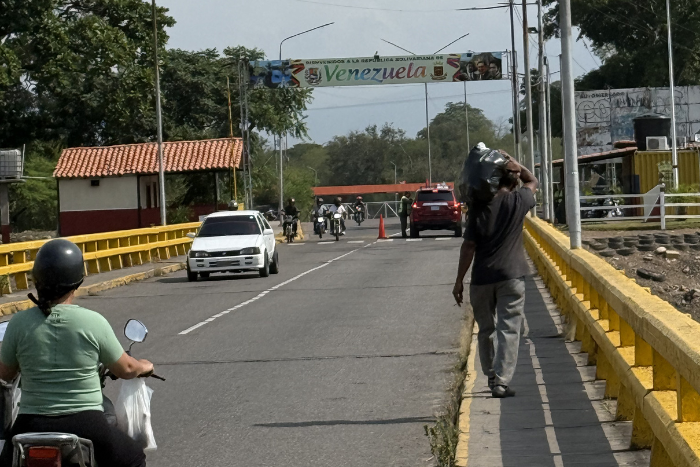How have plants adapted over centuries or millennia to survive and recover from human interference? David Moreno-Mateos and his team are analysing tree species in Brazil’s Amazon Rainforest to find out, and to help inform and improve future restoration practice.
News
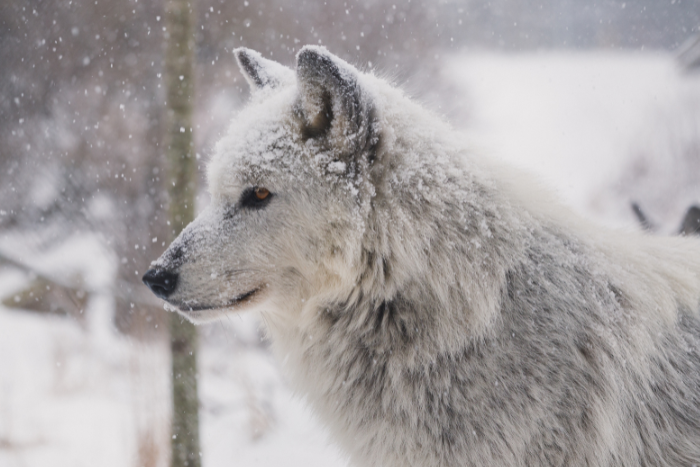
Why ‘de-extinct’ dire wolves are a Trojan horse to hide humanity’s destruction of nature
In a thought-provoking feature for The Conversation, Dr Rich Grenyer, Associate Professor in Biodiversity and Biogeography, examines the ethical and ecological concerns surrounding de-extinction, arguing that the allure of reviving species like dire wolves risks diverting attention from the ongoing human-driven destruction of the natural world.
The Historic Built Environment as a Long-Term Geochemical Archive: Telling the Time on the Urban "Pollution Clock"
An innovative study led by Dr Katrin Wilhelm, Researcher and Departmental Lecturer at the School of Geography and the Environment, uses Oxford’s historic structures as geochemical "clocks" to reveal past pollution trends.
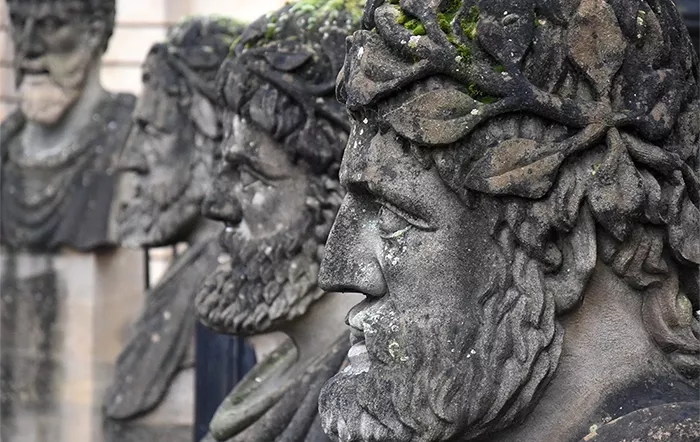
Go on a journey through time with the Museum of Climate Hope trail
Join us for a tour of the Museum of Climate Hope, a unique museum trail and interactive experience across all six of Oxford's Gardens, Libraries and Museums (GLAM) that cultivates climate hope by reframing the stories of real artefacts around the themes of resilience, innovation and transformation.
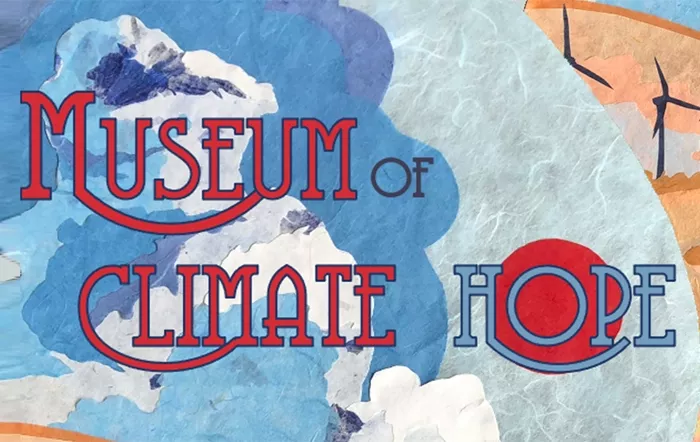
How to make homes cooler without cranking up the air conditioning
In the future, the impact of scorching temperatures will extend beyond traditionally warm regions. New research by the University of Oxford indicates that, if global temperature rise increases from 1.5°C to 2°C, countries at northern latitudes like the UK will face the greatest relative increase in uncomfortably hot days. Dr Radhika Khosla, Associate Professor at the Smith School, and Drs Jesus Lizana and Nicole Miranda from the Department of Engineering Science, explore how to keep homes cool in an article for The Conversation.

Multi-billion-dollar risk to economic activity from climate extremes affecting ports: Oxford report
More than $122 billion of economic activity - $81 billion in international trade - is at risk from the impact of extreme climate events, according to new research from Oxford's Environmental Change Institute.
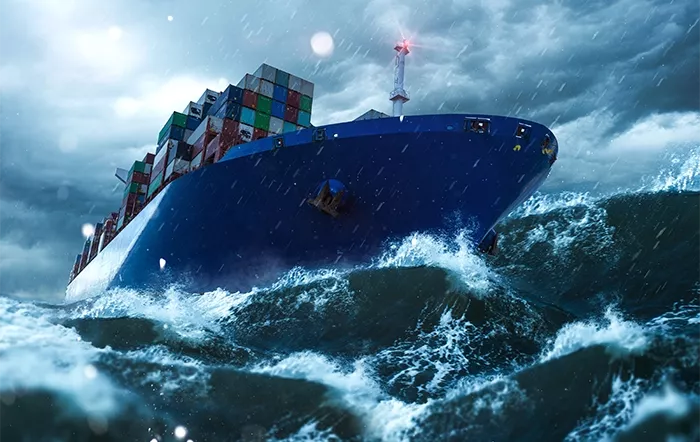
UK in top 10 'dangerously unprepared' for heat, if global 1.5ºC target is missed: Oxford report
The UK, Switzerland and Norway top the list of countries heading for dramatic increases in uncomfortably hot days - if temperatures break the international 1.5ºC target, according to new research from Oxford. But, the researchers maintain, such countries are 'dangerously unprepared'.
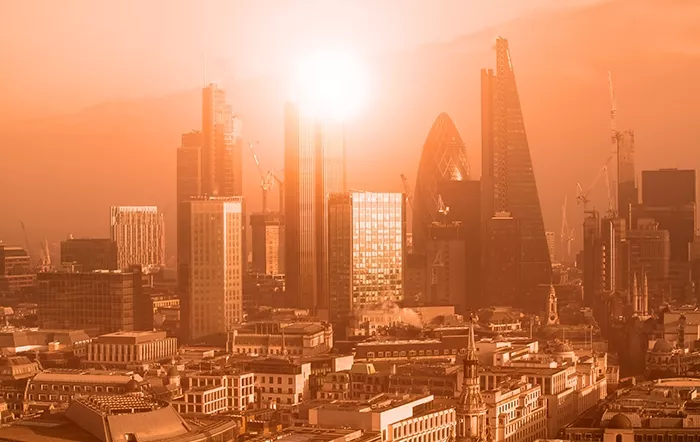
Smart Handpump data helps deliver reliable drinking water
Almost two billion people don't have reliable access to safe drinking water. For rural communities in some countries around the world, handpumps are vital for drinking water, washing, bathing, laundry and for watering livestock and irrigating crops. However, one in four handpumps are not working at any given time and effective systems often aren't in place to manage their upkeep. Dr Patrick Thomson, Senior Research Associate at the School of Geography and the Environment, and colleagues have helped build a system to identify and fix faulty pumps sooner.
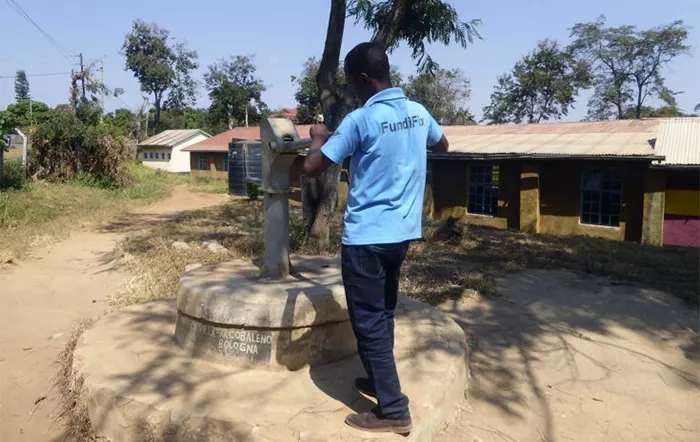
School of Geography and the Environment appoints a new Associate Professor in Physical Geography
Oxford's School of Geography and the Environment has appointed Dr David Moreno-Mateos as Associate Professor in Physical Geography who will take up post on 1st September 2023. Dr Moreno-Mateos will replace Rob Whittaker (Professor of Biogeography), who retires from the School later this year. The new appointment is in association with Oxford's St Edmund Hall where Dr Moreno-Mateos will hold the position of Tutorial Fellow in Physical Geography.
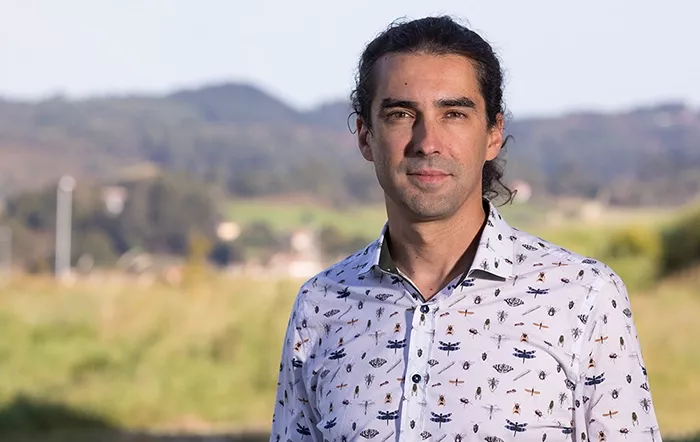
BBC Radio 5 Live's Nicky Campbell interviews Dr Kevin Grecksch on the future of privatised water in the UK
"Water companies in England and Wales are facing pressure from multiple sides because they waited too long with their investments and are now playing a game of catch-up which they cannot win," says Dr Kevin Grecksch in response to Thames Water's current talks to secure extra funding. Listen to the full interview.

Expert comment: We are hooked on a toxic transport addiction. Time to break the habit
Our obsession with vehicles and planes is bad for our health, bad for our lives, bad for equality and, yes, bad for the environment. We need to give people and places proper alternatives to the car and long-distance mobility. Professor Tim Schwanen, Director of the Transport Studies Unit, writes for the University.

Nifty at Fifty: How Oxford's Transport Studies Unit has been informing our transport systems over the last 50 years
What does an energy efficient transport system look like? Will electric vehicles stop climate change? What transport injustices exist in our societies? These are just a few of the questions currently being addressed by the Transport Studies Unit (TSU), a research institute that puts just and human-centered mobility futures at the heart of its research. Founded in 1973 through an endowment of the then Chartered Institute of Transport, the TSU is now part of SoGE and this year celebrates 50 years of research excellence.
